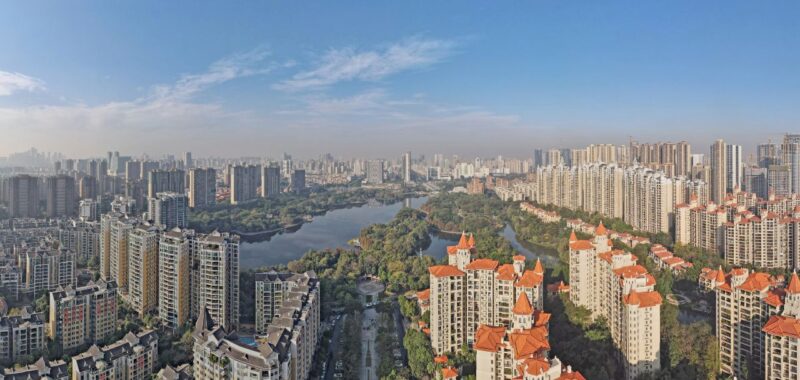China has announced a major expansion of its urban village redevelopment program, increasing coverage from 35 cities to nearly 300 as part of efforts to stabilise the real estate sector and support economic growth.
This initiative, outlined by China’s Ministry of Housing and Urban-Rural Development and the Ministry of Finance, aims to address inefficient land use and inadequate public services in urban villages while integrating migrant workers and their families into city life.
The program’s scope now includes enhanced support measures, such as special-purpose loans, local government bond financing, and tax incentives.
In Guangdong province, Guangzhou secured its first specialised urban village redevelopment loan of 250 million yuan (US$34.54 million), while the city of Foshan received 1.19 billion yuan to fund resettlement housing.
Monetary compensation models, including direct payments, self-purchase, or government-led acquisition of existing housing, will be used to expedite the resettlement process.
“Rather than waiting for new housing units to be constructed, residents can quickly find and move into alternative accommodation,” said Yan Yuejin, deputy head of the E-House China R&D Institute told China Daily.
Analysts project that monetised resettlement of 1 million homes could drive 100 million square metres of residential sales, accounting for 10% of total market volume.
This boost is expected to significantly enhance transaction activity by late 2024 and into 2025, with potential for further program expansion.

